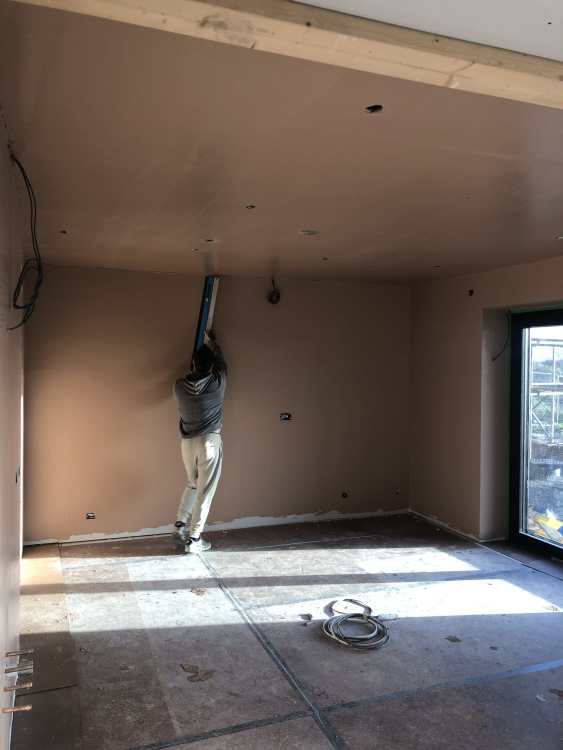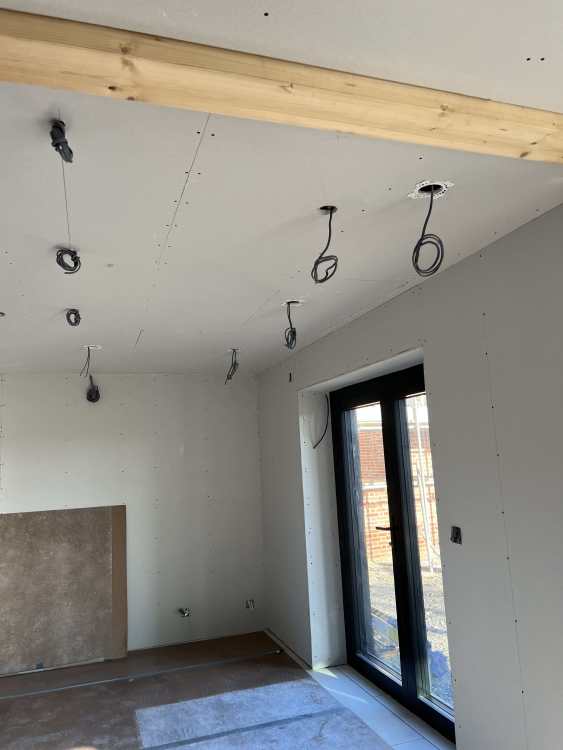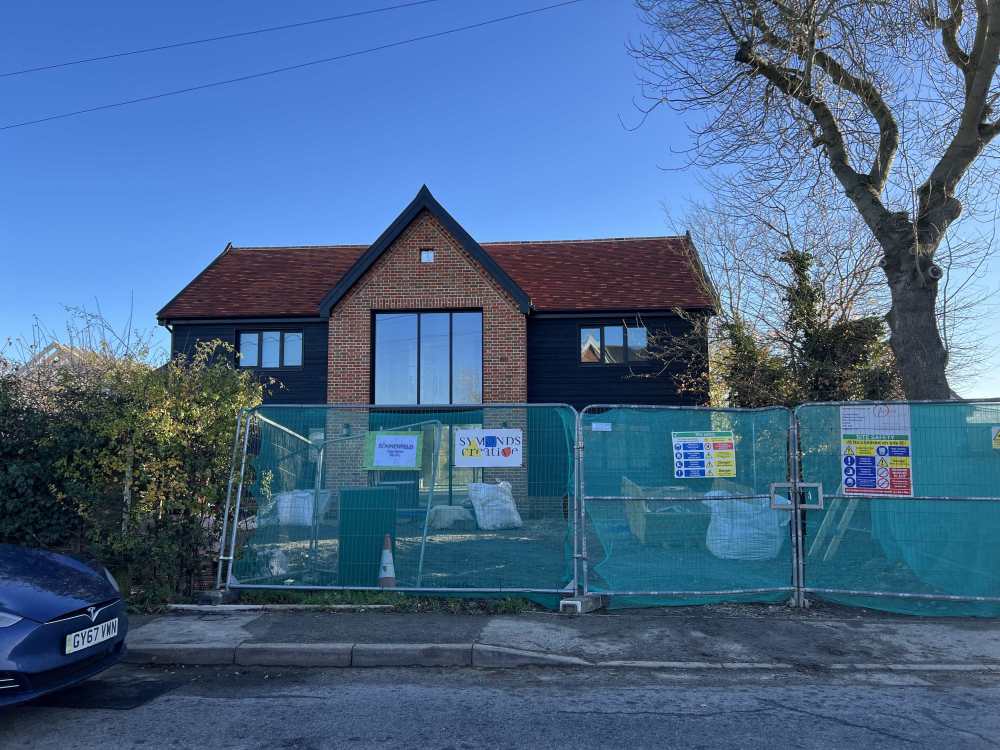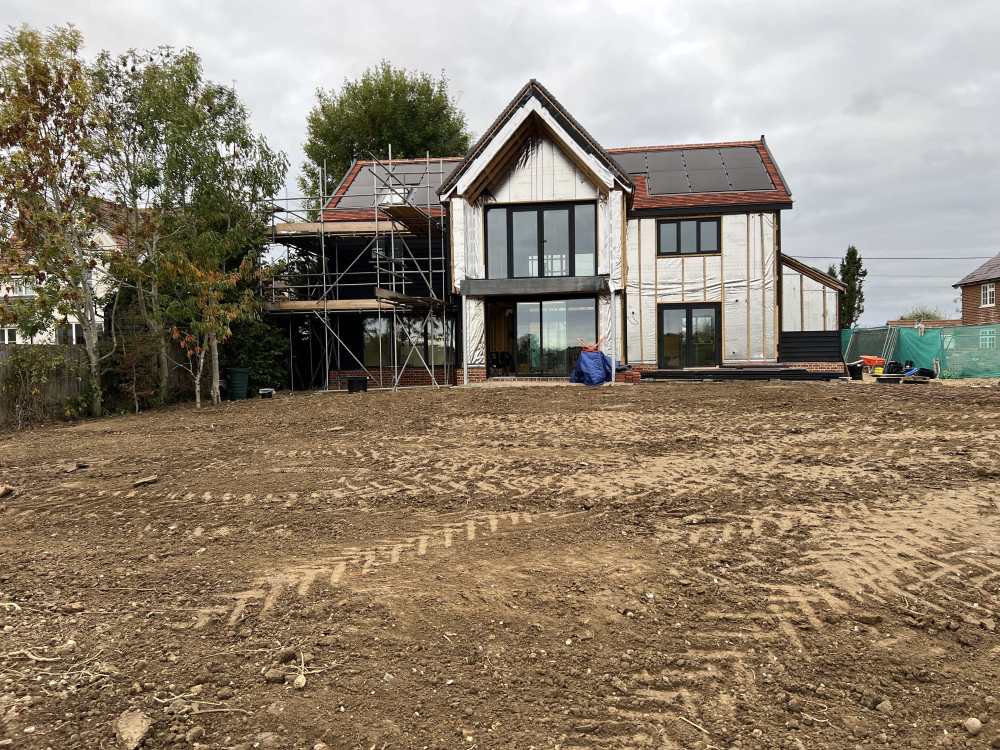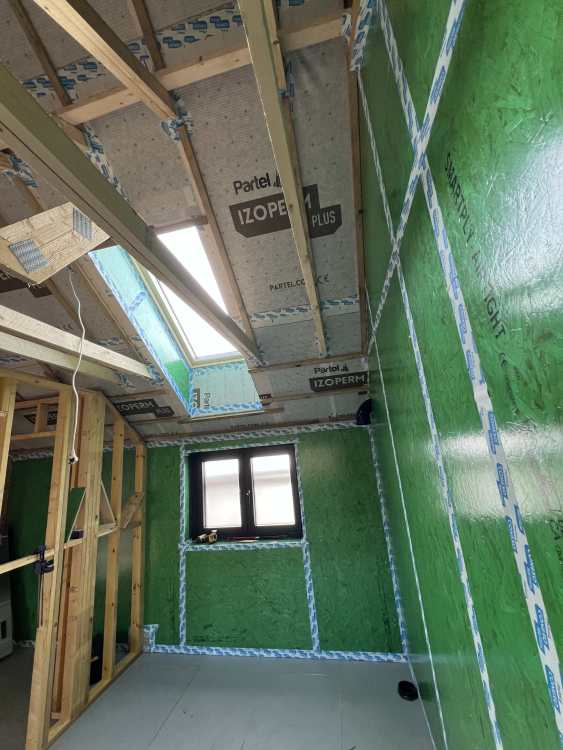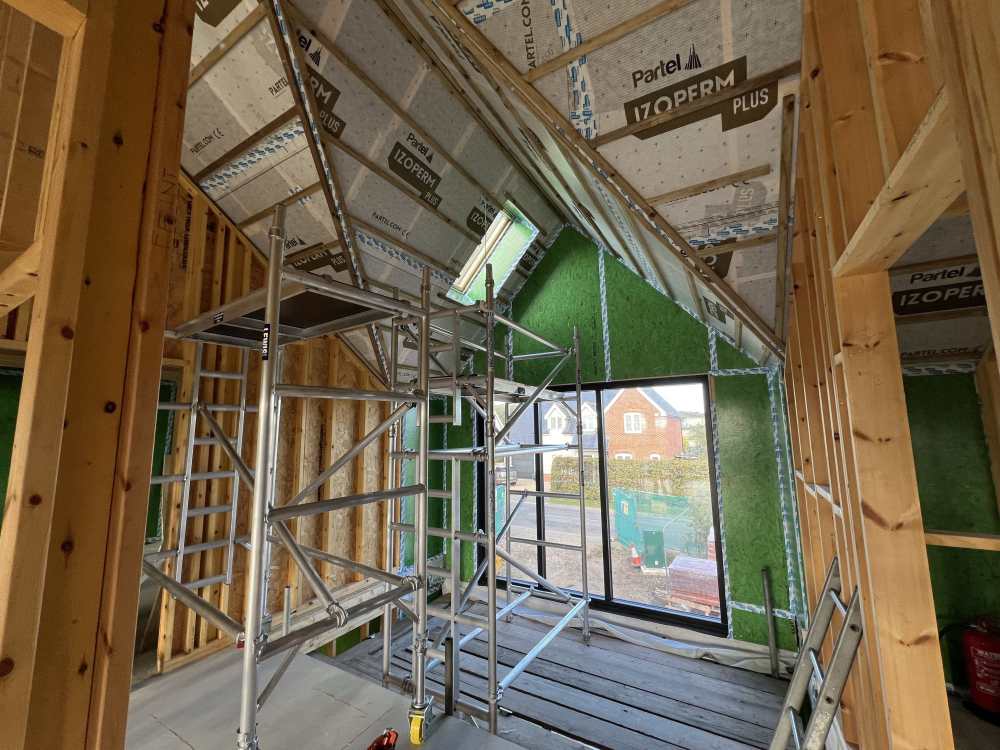
zzPaulzz
Members-
Posts
222 -
Joined
-
Last visited
Everything posted by zzPaulzz
-
I agree, PHPP is a model, not a crystal ball. It remains the best tool I could find to test the combined impact of all the fabric choices I made. I have very little south-facing glazing so solar gain is a smaller problem than it might be. My last house was similar and in the extreme heat of last year it stayed bearable inside, but only if I vented the house at night and buttoned it up in the day.
-
My Zehnder Q350 can be configured to turn on the supply or extract, or both (normal balanced mode). I wonder if I'll get a good cooling result if I use Home Assistant at dusk to switch the MVHR to supply only, chill the slab and also open all the Velux. Then, before dawn close the windows and switch the MVHR to balanced mode with summer bypass. Thoughts?
-
My house is near-passive (0.12 walls, 0.1 ceilings. 0.08 slab, MVHR, triple glazed but sub-optimal solar gain). I've installed UFH in the ground floor slab but the 4kW ASHP is not on yet. Installing electric UFH mats and electric towel rads in bathrooms, otherwise nothing else. I can run the ASHP in cooling mode if summer heat is a problem. Had very high humidity after plastering (85% @ 12ºC) so brought in some dehumidifiers running 24x7 and a 3kW fan heater running for 6 hours a day to get the house up to 18ºC and 55% RH. Turning on the MVHR helped. I'm very hopeful now that I'm more than covered for my space heating needs.
-
Apologies yet again. I won’t be able to join you. Paid work getting in the way but unfortunately necessary to keep the project on track. On a positive note, plastering underway and kitchen onsite
-
Sorry, not me. Got to be in the City that afternoon.
-
Oh, I’m so sorry Geoff. I hate to think of you waiting but admire the commitment. I know I didn’t commit either way but had hoped to come. Unfortunately could not make it.
-
Yes, mostly excellent. Got a few snags to iron out with the slider (they didn’t install the soft closer and it has paint issues) and with the French doors (not locking quite as well as expected). Their snagging team should be onsite next week to resolve.
-
-
Darren led the team this time.
-
Three, though one went home at the weekend. The others worked through. They did a lot of fiddly carpentry to get the base for their air tight inner roof membrane.
-
I’m sorry I missed you all. My build is going better now that I’ve brought in some proper carpenters to sort my cladding out. MBC’s air tightening team have been here a week now and the difference inside is amazing.
-
Urgh, sorry chaps. I’m not going to make either. Annoying too as I’m keen to see Jonny’s build.
-
That’s a long run of hose. I’m no expert but your problem may be down to that, and/or the suction from your extractor. Sorry, probably not told you any thing you didn’t know. I’ve just sold my soul for a Dewalt extractor…
-
Sounds good. Hopefully I’ll have my cladding, fascias and barge boards done by then so will be less manic.
-
Might be able to make either of those two dates though very busy at the moment so may have to pass this month, sorry.
-
Turns out the windows will be delivered with a HIAB which should be fine. 21degrees sent me their generic delivery info which defaults to an attic. Phew!


